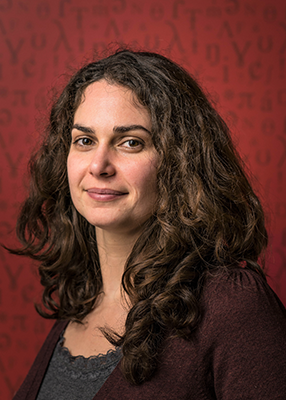Amanda Cardoso
Geography and Methods
Thematic Research Area
Home Department
About
My research focusses on understanding language variation and change, the role of population movements in these processes and the effect that attitudes to different languages or groups have in these situations, and the development of new methodologies for analysing speech sounds and sound patterns. Rapid urbanisation due to massive immigration into an area may result in a situation where large-scale language change occurs, commonly referred to as new-dialect formation (e.g. Trudgill 1986, 2004), which was the focus of my PhD research and has played a central role in one of my research programs. While much of my research looks are large scale dialect contact situations, I am also interested in smaller scale contact effects and how dialect contact influences variation and change in Languages. In order to investigate these processes, a multi-dimension approach needs to be taken that uses both population data, historical accounts, and long time-course linguistic data. For example, completed an in-depth investigation of historical population datasets (such as census) for Liverpool whereby I consider not just the population statistics, but changes in the geographic divisions uses and other relevant information, such as socio-historical events that may have played a role in the population changes.
